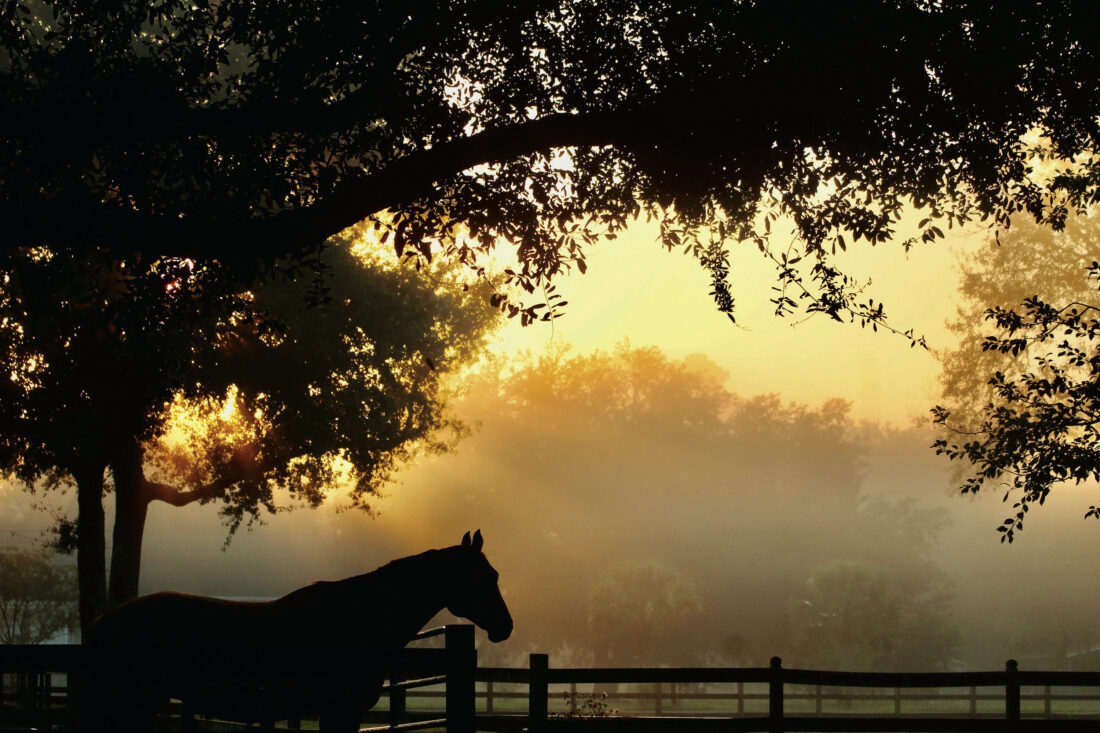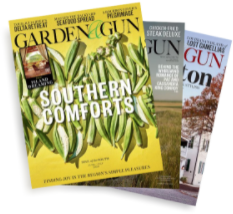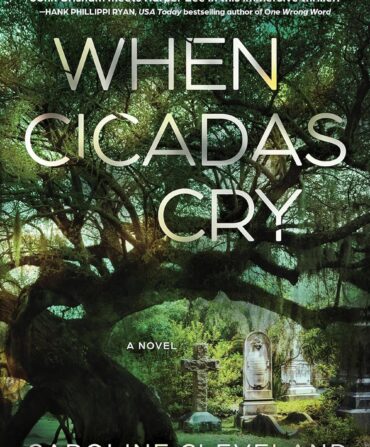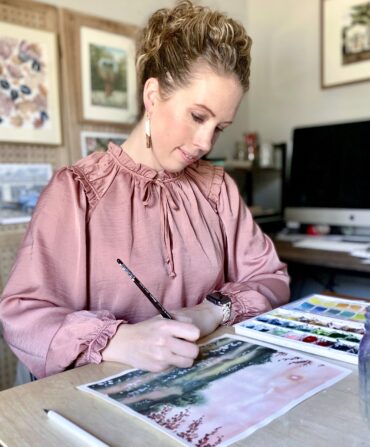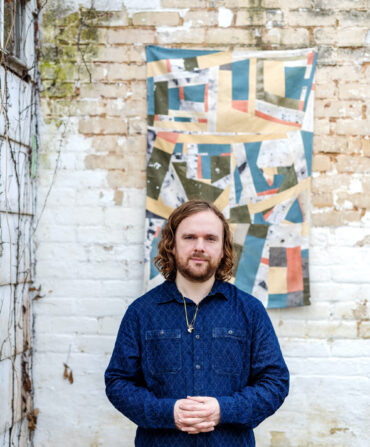On a cool day in the South Carolina Lowcountry, I found myself standing in a small pasture, surrounded by three horses, two women, and a potbellied pig named Bart.
The horse closest to me was Relicario, a solitary gelding unrelated to a mother-daughter pair nearby. His burnt umber coat gleamed in the late morning sun, and a shaggy mane fell over his eyes as he grazed. I positioned my body parallel to Reli’s, both of us facing south. When he stepped forward, I stepped forward, too. For several minutes, we moved in quiet alignment. Nearby, my mom was doing the same odd dance with a mare.
At the time, I was only a few months out of well over a year of cancer treatments. While my hair had been growing back for a while, my eyelashes had barely returned at all, and radiation had thickened my scars from the previous year’s surgery. At night, I still often awoke to blasts of nerve pain on that side of my body.
When I was diagnosed in Austin, Texas, the city was one day into pandemic lockdown. I was single, and my family was back in my home state of Virginia. Several times throughout the first grueling months of treatment, my mom made plans to visit, then canceled her flight when my doctor reminded me that my immune system couldn’t risk visitors. In the blazing heat of a Texas summer, with rigid pandemic protocols in place, I underwent biopsies, chemotherapy infusions, surgeries, and countless other appointments on my own.
By the time I joined my family for vacation on South Carolina’s Kiawah Island in the fall of 2021, I was only barely beginning to see the trauma I’d experienced, and to know myself in its wake.
One morning, my mom and I headed to Ravenel, a small town just inland of Charleston, where a distant relative whom neither of us had met before, Kim Hallin, runs a business called Unbridled on her horse farm. As we drove along flat, sun-bleached roads, I hoped the day would offer me some form of reconnection—though I couldn’t fully understand to what, exactly, I was longing to reconnect.
The farm is small and unassuming, a one-story clapboard house set back from the road behind the fenced-in pasture. There, Kim provides customized experiential learning programs and day retreats for individuals, couples, families, and small groups, with a focus on reconnecting to nature. “What I offer,” she told me, “is the opportunity to remember what being alive is like for the rest of life on Earth, and to know that this way of experiencing life is available to us, too. Animals and the rest of the natural world can help us remember—help us reconnect with the wisdom within our own bodies.”
The horses had watched as we rolled down the grassy drive. One tossed her head in agitation. “Like most of us humans,” Kim later said, “they’ve each had their own traumas.”
It’s easy to see why horses with traumatic pasts, whether they survived severe illness, injuries, prolonged bouts of isolation, or previous owners who relied on negative reinforcement, have found trust in Kim. With kind eyes and a warm smile, she has the sort of grounded presence that makes healing—a process inherently tender and vulnerable—seem possible.
Since my own healing began, I had longed to express my experience through conversation or writing. Cancer, however, was so recent and so overwhelming that I couldn’t find the words. At the same time, the parts of my experience that I could articulate, I didn’t necessarily want to share. When my mom, a former ICU nurse, asked me about the treatment’s effects on my body, I turned reticent. Cancer had blown apart my sense of bodily autonomy, and I didn’t want to give away more than I already had. In many ways, I was terrified of anything to do with my body at all.
Under a bright, cerulean sky, Kim pointed out how the horses relied heavily on their senses—feeling flies on their backs and flicking them off with their tails or lifting their heads to watch a car pass. By observing them without agenda, she said, we invite opportunity for connection.
As she led my mom and me across the threshold of the pasture fence, we all grew a little quieter, as though entering a church. We settled in lawn chairs underneath an oak. Bart the pig appeared—enormous and impossibly round, endlessly munching the acorns scattered around us. Kim had us note our sensory impressions: the thumping of a woodpecker; the green and gold leaves overhead; the cool air on our skin. Across the pasture, the horses seemed to accept our presence—our vulnerable human bodies, new to their world.
When roaming freely, a herd of horses will align their bodies in relation to one another to communicate and create support, Kim explained. After some time inside the pasture, she suggested we gently approach them, then model our own behavior after theirs.
I positioned myself at what felt like a safe distance from Reli, mirroring his body language with my own. Nearby, Kim offered soft-spoken guidance: “Ashleigh, Reli seems okay with you being here. Why don’t you move a little closer?”
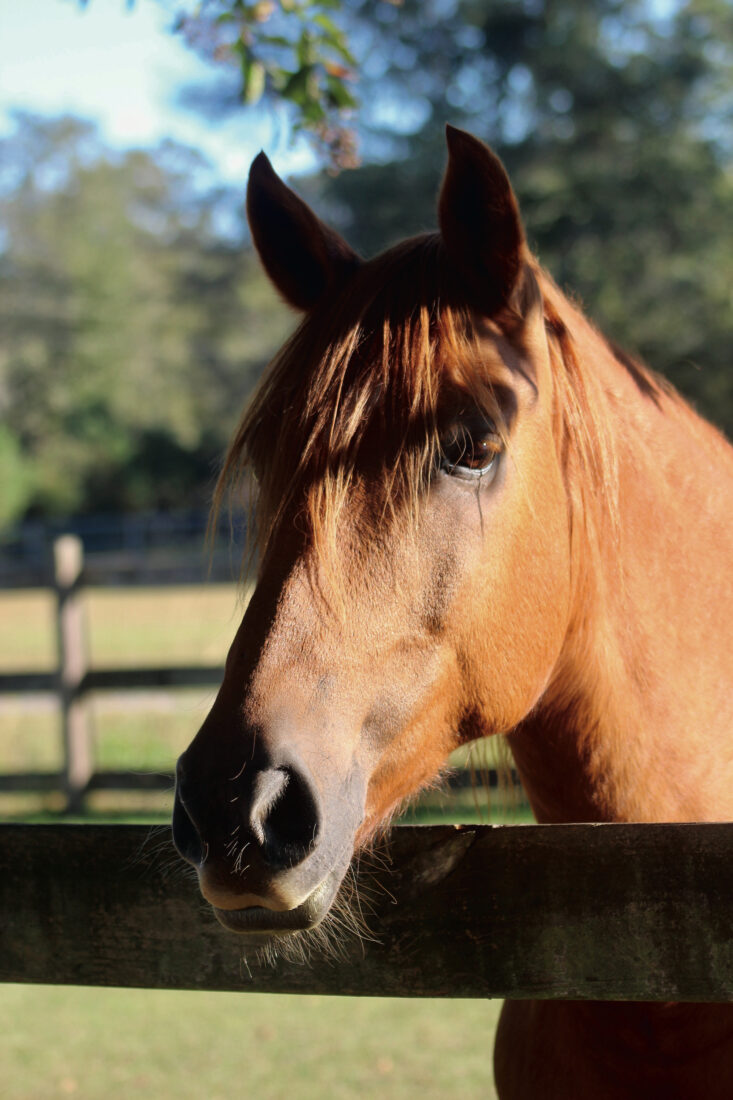
Earlier in the afternoon, Kim had shared that Reli did not always welcome human touch—and she had emphasized the importance of respecting a horse’s boundaries. But if I didn’t risk closing the gap, Reli and I would remain parallel, without opportunity for more.
I moved step by slow step. Reli seemed relaxed, so I moved nearer still. Then, all at once, he turned and walked steadily toward me. I felt a flash of fear—he was so large.
But our senses ground us within our own animal bodies and tune us into intuition. As Reli passed, I sensed an invitation. Without caution, I pressed one hand against his torso. I took in through my own body the warmth and strength of his. In return, I let him feel my own steady presence.
By the end of my cancer treatment, I’d felt starved for physical touch. At the same time, touch brings us into our bodies, where I still wasn’t sure I was safe. Reli, too, has struggled to navigate the comfort of human touch and the trauma it can evoke. In the pasture, after he let me press my hand to him for just a moment, he moved on—but he stayed closer to me as he grazed.
The Spanish word relicario, or reliquary in English, means “a shrine for holy relics.” Kim’s farm invites both horses and humans to lay down their relics. That afternoon, I lay down my need for words and received, in exchange, a gift: my body in constellation with others, moving together in slow and silent orbit.


